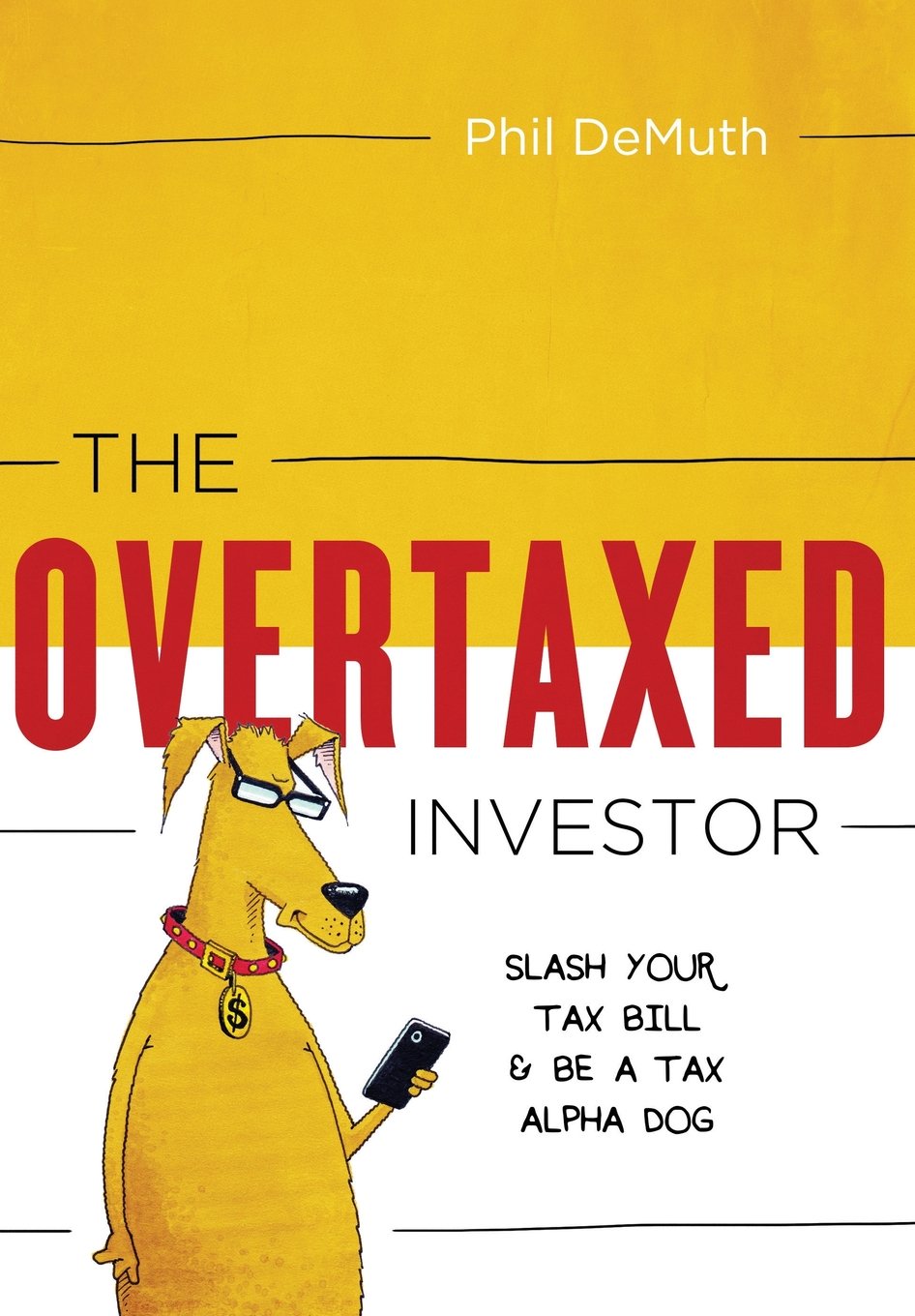 Who understands the entire tax code? No one.
Who understands the entire tax code? No one.
Finding your tax rate is like shooting a ball into a pin ball machine. You watch it getting slingshot around the board, lighting lights, buzzing buzzers, ringing bells and spinning spinners, falling into holes, hitting the bumpers and the flippers, and only at the end do you look up at the game board and find out what you owe.
Under the latest tax code, for the first time in years it pays to take a lifetime perspective on your taxes.
Investment returns are variable, while expenses (including taxes) are a constant. The smart move is to plan around the constants, not the variables. In other words, deal in realities instead of fantasies.
Investment expenses have come down, but not taxes: time to let the tax tail wag the investment dog.
Investment returns are not under your control. Tax strategy, on the other hand, is completely within your power. Tax alpha is a free good; the only losers are the ones who don’t take it.
Taxes always seem to be the other guy’s problem — but you, dear reader, are that other guy; that forgotten man behind the tree whom everyone is saying to tax.
People in high brackets are paying too much in investment taxes. In California, they pay 33% every year on their dividends and capital gains. A portfolio of carefully selected zero-dividend stocks offers the best after-tax prospects for these high-earning high-net-worth investors.
While you are working, you make all these wonderful big tax-deductible contributions to your retirement plans. Then you retire, and you’re a-rockin’ and a-bompin’ until one day you turn 72 and Uncle Sam says (knock knock), “Here I am!” and forces you to start pulling money out of your retirement plans in ever-increasing fully taxable amounts. Everything gets thrown into reverse.
The good news is retirees can add years to their nest eggs through careful tax management.
Tax Tips
- Set up your investment accounts correctly: those boxes you checked without any thought are wrong and have far-reaching consequences that will come back to bite you.
- Fund all retirement accounts to the limit every year.
- Use the right kind of retirement accounts: if your taxes will be lower after you retire than they are today, go Traditional IRA; if higher, go Roth.
- Manage your accounts on a “Household” basis, placing highly-taxed assets in tax-deferred accounts.
- Keep your dividends qualified and your capital gains long-term.
- Harvest your losses and let your winners run.
- Avoid mutual funds with high internal turnover in your taxable accounts unless you are in the lowest tax bracket, and then avoid them anyway.
- Draw down your accounts in the correct order after you retire.
- Never give cash to charities. Donate appreciated assets instead.
- Use the God-given statutory tax shelters laid out before you like a land of dreams.
- Time to call your estate attorney, because the old will you drafted during the Coolidge administration is wrong.
***
About the Author: Phil DeMuth is an author, psychologist, and investment advisor whose articles have appeared in the Wall Street Journal and many other publications. He has made TV appearances on CNBC, Forbes on Fox, and Wall Street Week with Fortune.

This may be a silly question but why not donate cash to charities?
Yeah, that had me scratching my head too, Karen. I think his intent was to say it’s okay to donate cash — but for tax purposes, only if it is in the form of a canceled check, credit card statement, bank statement or a written acknowledgement from the charity showing the charity’s name, the date of the donation and the amount given. Otherwise, the IRS won’t accept it as a deduction.
I think he meant donate from your traditional IRA directly so you don’t have to pay taxes on the withdrawal only to then make your charitable contribution. If you make the contribution directly from the traditional IRA, the charity gets the full amount, you avoid the taxes due. Check the tax code – I’m not a professional tax advisor.
Got it. Thanks for the clarification, Goldfinch! That makes sense.
Donations: he meant do not donate money (cash or checks). Instead donate appreciated stock held more than twelve months. The result: one deducts the stocks fair market value and avoids paying tax on the appreciation. Example: if I donate 100 shares of a stock I originally paid $10 per share donating it when its price is now $50 per share my deduction is $5000 and I avoid all tax on the $4000 of appreciation.